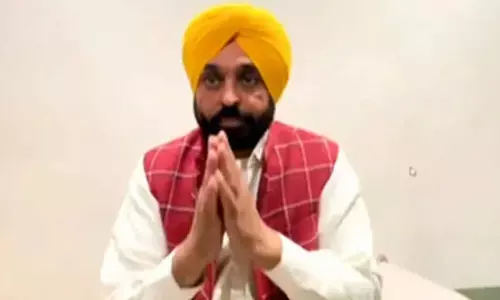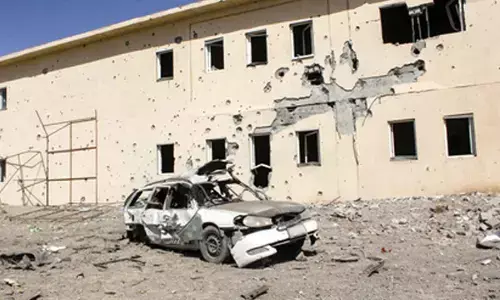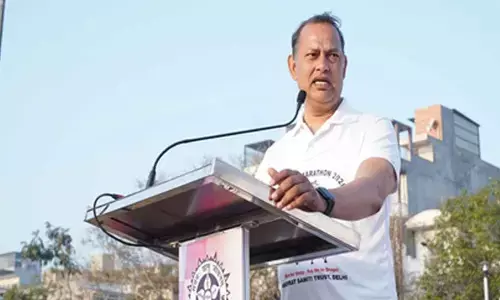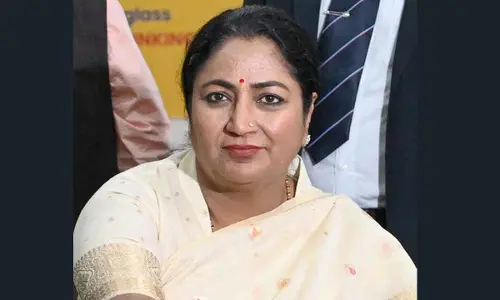Can State governments do better in procuring vaccine and avoid wastage?
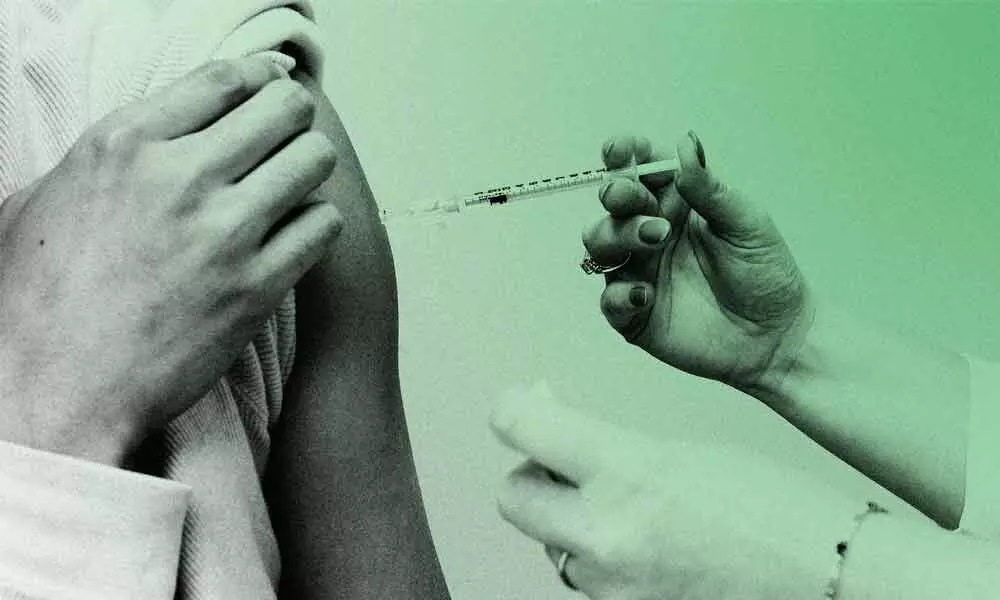
Can State governments do better in procuring vaccine and avoid wastage?
The only practical way forward is to come up with a flexible contract that allows for a phase-wise delivery of the required number of doses over an extended period of time to the state governments. Additionally, the contract should have the facility that if there is lower than expected consumption of doses in the previous phases, then the state governments may cancel or reduce the size of the orders for subsequent phases, with a prior notice to the manufacturer. This will allow significant reduction in the wastage of doses
Phase-3 vaccination rules and regulations, released by the Government of India (GOI) on April 19, mention two channels of procurement and distribution of vaccines from Indian vaccine manufacturers. GOI receives 50 per cent of the monthly vaccine production from the manufacturers, and distributes it to the states and Union Territories on the basis of their performance, infection rate, and the record of wastage of the prior allocation. This share gets used to vaccinate the healthcare workers, front line workers and all citizens aged above 45 years. The manufacturers can sell the other 50 per cent doses in the open market to the state governments, private hospitals and industrial establishments. This policy was effectively implemented from May 1 onwards.
Three important take-aways from this release are: (i) although the central government itself has not mentioned anything about the nationwide lockdown, the state governments have the option to take various lockdown measures; (ii) the allocation of GOI procured vaccines will take the into consideration the wastage of doses by the state governments; and (iii) the state governments have the choice of buying the vaccines directly from the Indian and foreign manufacturers to fulfil the demands within their states.
Compensating the central government's reluctance in imposing a nation-wide lockdown,most of the state governments have imposed the state-level lockdownsto combat the second-wave, while a couple of states have elected for partial lockdowns, weekend and night curfews. With an option to buy vaccines independently, many state governments have swiftly moved to negotiate the procurement of doses with the Indian vaccine manufactures.Some have advanced to inviting the tenders from foreign manufacturers, yet there are others which have are yet to make any plan.Since the state governments have no common guiding principles or a uniform strategy for procurement from the manufacturers and distribution of the vaccines, there is a clear and present danger of the vaccine drive becoming mis-coordinated, and leading to the problem of unfortunate wastage of vaccine.
Since wastage is a key criterion in central government's allocation of vaccines to the states, it is necessary that the state governments minimise the vaccine wastage while procuring the doses independently, and distributing them the way they deem fit. Some issues can already be foreseen in this regard. For example, to decrease the cost of vaccination through economies of scale, the state governments will try to buy the vaccines in bulk to cover all of its non-vaccinated population through a common contract or a single contract.The problem is that given the large population, and the limited, even though improving, vaccine manufacturing capabilities currently, no Indian manufacturer might be able to deliver theentirety of the demanded quantity immediately. So, even if in theory the state governments have the means to procure and vaccinate in one go,on the ground, they are limited to onlya time-bound phase-wise vaccination over a longer time.
Another issue is that of the vaccine hesitancy. Since most state governments have imposed full or partial lockdowns, the infection rate will come down even if the vaccination itself has not picked up speed.This falling rate of infection may erode away the sense of urgency and instil a lull in the minds of public and administration. This may lead to a large proportion of the state's population hesitant in takingthe vaccine provided by the state governments.
To compound to the aforementioned problems, if a better vaccine is launched in the market,even as the vaccination programme is going on, the willing vaccine-takers may want to switch to the new vaccine, instead of continuing with the already procured stock of the vaccines. This will lead to further non-consumption of the state government's vaccines. This is not good, because the vaccines have a limited shelf-life, after which the vaccines must be discarded.If the vaccines are not consumed because of the aforementioned reasons, it will lead to alarge-scale wastage of vaccine in India.
As mentioned earlier, ideally, the state governments would want to come up with special contracts toget all the required doses delivered in one go, and subsequently implement the mass vaccination drive in a single phase. However, as noted earlier, this option has feasibility issues. As of now, the manufacturers are not sitting on pile of excess vaccines that can be delivered in one go. Additionally, the number of vaccines that can be produced per day is not high enough to meet the requirements of large and medium sized states in India. Due to this, the acquisition of population-sized consignments of doses in a short span of time, is out of the question. The only practical way forward is to come up with a flexible contract that allows for a phase-wise delivery of the required number of doses over an extended period of time to the state governments. Additionally, the contract should have the facility that if there is lower than expected consumption of doses in the previous phases, then the state governments may cancel or reduce the size of the orders for subsequent phases, with a prior notice to the manufacturer. This will allow significant reduction in the wastage of doses.
Given the asymmetric lockdown and preventative measures adopted by the various state governments, it is not inconceivable that instead of the whole country facing a Covid wave in unison, the cases surge in few states. In such a scenario, these surging states would require more doses than they had ordered in the ongoing and upcoming phases. The manufacturer may find it impossible to fulfil this sudden additional demand, leaving the state in a vaccine crunch.
On the other hand, some other states with better lockdown and preventative measures, or dwindled public willingness to get the vaccines, may find themselves holding on to the stocks of unused vaccines. Because of the limited shelf-life of vaccines, such unused stocks may be facing the condemnation to waste. In such a scenario,a manufacturer who sells to multiple state governments, may procure the excess stock from one state government and provide it to the other one in dire and immediate need, meanwhile continuing to create fresh doses for replacement of the stocks in the state that has just shed its excess stock.
This kind of mechanism with the common manufacturer at the helm of coordination will simultaneously meet the extra demand while avoiding the waste of unused stock on the shelf, and avoiding the excess pressure on the manufacturer. This is the strength of the second strategy.
To summarise, while the economics of scale indicate that a bulk procurement provides the least cost solution and time-bound vaccination, it is pertinent that state governments can achieve better results by procuring vaccines in a phased manner. They not only reduce the risk of losing out on having effective vaccines down the line, but also benefit from minimizing the vaccine wastage. The old adage, one should not place all their eggs in one basket, is more apt today in this situation than ever.
(The views expressed in the article are personal and do not represent the views of the organisations to which the authors
belong. The authors are Asst. Professor - Economics & Finance
and Asst. Professor - Humanities - BITS Pilani Hyderabad Campus and Research Scholar - School of Economics -
University of Hyderabad, respectively)


